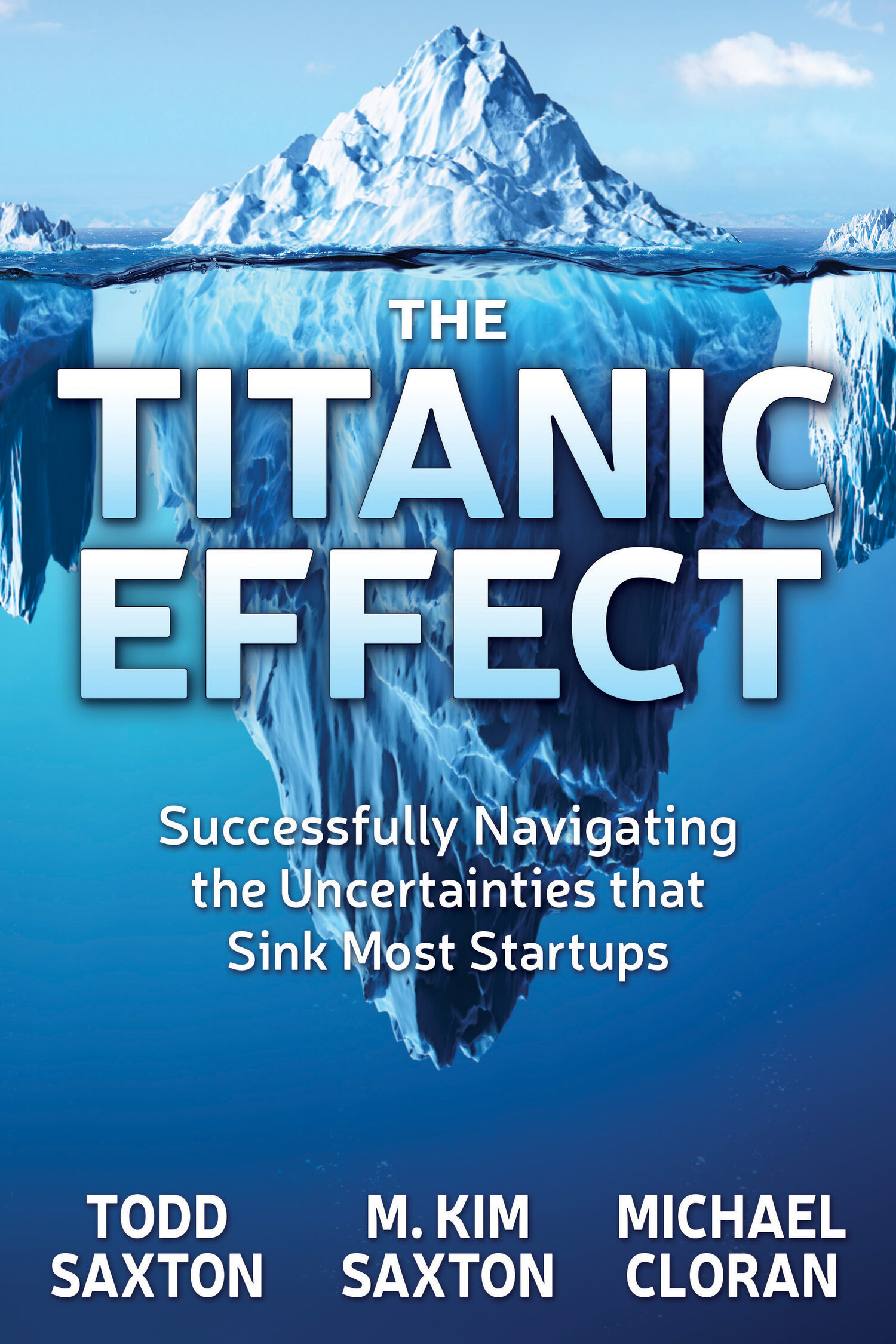We’ve said it before, but it bears repeating – being an entrepreneur is not about taking risks, it’s about being comfortable with uncertainty. And let’s just admit that we live in uncertain times. In order to manage this uncertainty, or any of the uncertainty that comes with creating and growing a startup, it might help to understand how we process it.
Let’s start with some of the academic research. Over the last 10 years, researchers have been using functional magnetic resonance imaging (fMRI) to see how the brain responds to different kinds of inputs. People are given different kinds of tasks and the fMRI measures what parts of the brain have increased blood flow. The idea is that more blood flow = the part of the brain that is working the most. What this research has shown is that some ideas that we think of as being on a continuum actually work in parallel. For example, when purchasers evaluate how much they trust a seller, the parts of the brain associated with reward, prediction, and uncertainty are working the most. But when they focus on how much they distrust these same sellers, the active areas of the brain are associated with intense emotion and fear of loss.
Something similar happens when assessing risk vs. uncertainty. Risk fires the logical, cognitive left side of the brain associated with reward seeking. Uncertainty, on the other hand, fires both sides of the brain. This means that people are integrating both rational and emotional aspects. So managing uncertainty requires us to manage the emotions associated with ambiguity and possible loss.
We’ve also had a lot of research in behavioral economics. Behavioral economics recognizes that people do not always behave in the logical rational way that economic theory would suggest. The most famous and widely-studied idea from behavioral economics is called Prospect Theory. This is the fact that losses loom larger than gains to most people. We hate the idea of experiencing a loss. We will do anything to avoid it, in fact. Let’s consider a situation where the outcome is the same – you get $25 either way. But, if I give you two choices: A = $25 outright, or B = $50 and you give back $25, people want A because B feels like a loss. Moreover, we will take on more risk to avoid a loss. And that is exactly what’s going on in the uncertainty of this pandemic and startups in general. Some people get so focused on the potential loss in this uncertainty that they cannot make a decision or get stuck in a lot of negative thoughts. The emotions of dealing with the situation swamp their ability to manage and make good decisions. Just like in the examples above, the emotional fear of loss holds you hostage. So, you need to figure out how to redirect your mind and/or deal with those emotions. Here are a few ideas. Check them out and see which might work for you:
Try to make the decision more rational. As you move your thinking from the abstract/emotional side to a more rational/cognitive side, it will reduce the emotional pull. How do you do that? Scenario planning is the key. Take the unknowns, pencil in assumptions to make them “known,” and plan for what you will do. It’s especially important to identify the worst-case scenario if you can. Having a plan for the worst case makes it surmountable. Planning different scenarios and having a sense of how to proceed will make the uncertain less scary.
Use visualization or mediation to calm the barriers in your mind. The emotion that gets in the way with uncertainty is the fear of loss. It becomes a barrier that limits your ability to move forward. So you have to take down that barrier by focusing on what success could look like. Indianapolis entrepreneur Kevin Bailey of Dreamfuel Coaching shares his experience with visualization and how it helped him launch a fast-growing startup.
Find a therapist or someone to talk to. Kristen Cooper of The Startup Ladies offered 5 tips for managing uncertainty in a previous blogpost. Her fifth tip was to find a therapist. For many people, talking about their concerns and anxieties helps relieve them.
The key is to recognize that your emotions are in play and find a way to move past them. Crises offer many opportunities. You have to be open to seeing them and able to act quickly to seize them. Don’t let these challenging times set your startup adrift. Get tools to help you navigate through the tough seas so that you can really take off when things settle down.


